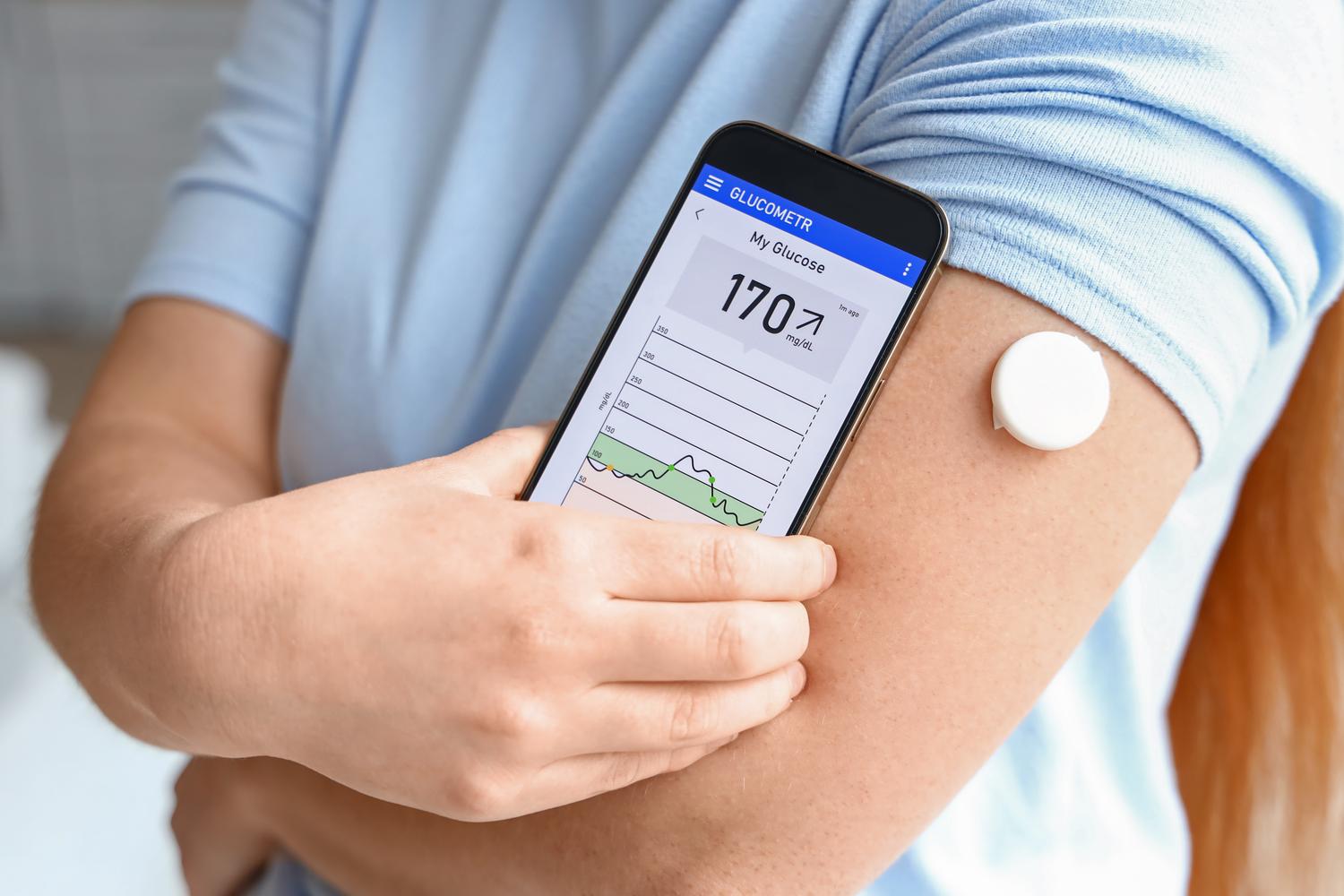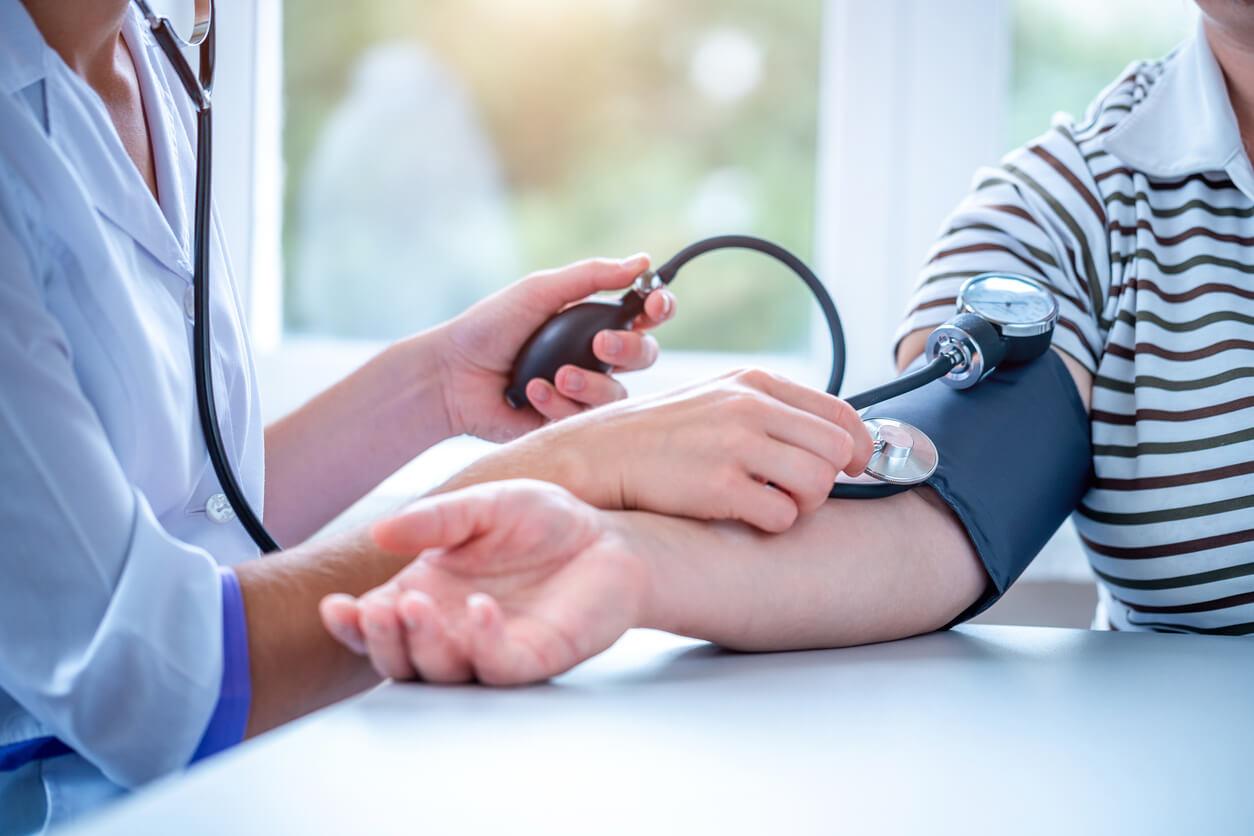High Blood Pressure and Dehydration: Are They Related?
Key takeaways
- Dehydration can lead to both high and low blood pressure, since less fluid in the body makes blood thicker (raising pressure) and reduces blood volume (lowering pressure)
- When you’re dehydrated, your body releases the hormone vasopressin (also known as antidiuretic hormone), which can constrict blood vessels and contribute to elevated blood pressure
- Staying adequately hydrated is important for helping maintain healthy blood pressure, especially if you’re on medications or have health conditions that affect your body's fluid balance
Most of your body — around 60% — is made up of water. So, it’s no wonder that staying hydrated is key to maintaining good health. Getting enough water helps your body regulate its temperature, get rid of waste (through sweating, urinating, and bowel movements), and other important functions.
But did you know your hydration levels can also impact your blood pressure?
When your body doesn't have enough water or loses fluids faster than you can replace them, you become dehydrated. Dehydration can have serious negative effects on your health, including sudden drops or spikes in blood pressure.
This article will explain the connection between dehydration and high blood pressure. You'll learn how to recognize common symptoms of dehydration and high blood pressure, plus ways to develop better hydration habits.
Understanding blood pressure
Every time your heart beats, it pushes blood into your arteries. Arteries are muscular tube-shaped vessels that carry oxygen-rich blood from your heart to and from every organ in your body.
As blood pumps through arteries, it creates pressure on the artery walls. This pressure, known as blood pressure, is the force that enables blood to travel inside your arteries.
Your blood pressure doesn’t always stay the same. It changes depending on what you’re doing and your heart rate.
For instance, if you’re exercising or excited, your blood pressure will typically go up. This happens because your heart typically beats faster in those moments. If you’re resting or sleeping, your blood pressure tends to be lower, since your heart rate is typically slower when you're relaxed.
What is high blood pressure?
High blood pressure, or hypertension, occurs when the pressure needed to pump blood through your arteries is consistently too high. It usually develops over a longer period of time. Data shows that nearly half of adults in the United States have hypertension. Out of those adults, only around 1 in 4 have their hypertension under control.
High blood pressure is defined as a blood pressure reading that is above 130/80 mmHg, according to the The American College of Cardiology (ACC) and the American Heart Association (AHA).
Normal blood pressure is defined as a reading that is lower than 120/80 mmHg, per the Centers for Disease Control and Prevention (CDC).
Low blood pressure (hypotension) is defined as a reading that is lower than 90/60 mmHg.
The most common treatment for hypertension is prescription medication. However, all adults with high blood pressure are also encouraged to make lifestyle changes alongside any other form of treatment to manage their hypertension.
What is dehydration?
Dehydration happens when the body has less water than it needs to function. Losing fluids without replacing them and not drinking enough water can lead to dehydration.
Some common causes of dehydration include:
- Illnesses, like fevers.
- Excessive sweating after physical activity or as a response to hot weather.
- Constant urination.
- Vomiting or diarrhea.
- Certain types of medications, including blood pressure medications and diuretics.
- Poor hydration habits, like not drinking enough water.
- Certain conditions that result in increased fluid needs, like pregnancy.
While anyone can become dehydrated, young children and older adults tend to be affected most. The most common causes of dehydration in babies and young children are severe vomiting and diarrhea.
Additionally, a study published by the American Journal of Public Health in 2015 found that over half of children and teens aged 6 to 19 were poorly hydrated. Research has also shown that 17% to 28% of older adults in the United States are affected by dehydration.
Common symptoms of dehydration
Symptoms of dehydration can vary, some being milder than others. If left untreated, dehydration can lead to health complications like fatigue, dizziness and heat stroke. It can also make existing health conditions, like high blood pressure and kidney disease, worse.
Common dehydration symptoms include:
- Excessive thirst
- Dry and flaky skin and lips
- Dark yellow urine
- Dry mouth and throat
- Headaches
- Fatigue
- Lightheadedness
If you’re experiencing any of these symptoms, it’s important to drink plenty of water right away. Some people also choose to supplement their water intake by opting for drinks that have electrolytes like sodium, calcium, and potassium, to rehydrate or stay hydrated. However, it’s important to note that people with high-risk conditions, like kidney disease, should not consume electrolyte beverages without the supervision and approval of their healthcare provider.
Severe dehydration can be life-threatening. If you think you might be dehydrated, get medical attention right away. If you need help finding a medical provider, Sesame can help.
The connection between blood pressure and dehydration
Your hydration levels and your heart health are closely connected. Dehydration can cause both high and low blood pressure. Some blood pressure medications can also make you more susceptible to dehydration.
Keeping a healthy blood pressure is key to your overall health and wellness. For instance, a good hydration status can help your body keep its sodium levels in check, which can lower blood pressure.
Research has also found that increasing your fluid intake and staying well-hydrated may even reduce long-term risks for heart failure and heart disease.
Can dehydration cause high blood pressure?
Dehydration can cause high blood pressure in some cases. This happens because when you are dehydrated, your blood can become thicker and more sticky. When your blood becomes thicker, it needs more force to travel through your arteries. This can lead to higher blood pressure readings.
Separately, when you’re dehydrated your body releases a hormone called vasopressin, which can make your blood vessels constrict, which can lead to hypertension. Vasopressin, also known as antidiuretic hormone (ADH), causes the kidneys to hold more water to keep you from becoming any more dehydrated.
Drinking enough fluids and monitoring your water intake can help you prevent dehydration and help you maintain healthy blood pressure.
Can dehydration cause low blood pressure?
Yes. Dehydration can cause a decrease in blood volume, which is the amount of fluid that’s running through your blood vessels. Low blood volume can lead to a blood pressure drop. Low blood pressure can mean that your organs may not be getting the amount of oxygenated blood they need to properly function.
In some cases, a sudden decrease in blood volume can also lead to hypovolemic shock. Hypovolemic shock is a circulatory failure, meaning that your body can’t properly distribute blood throughout the arteries. This is a serious and potentially life-threatening complication that can happen as a result of severe dehydration and a sudden drop in blood volume.
How much water should you drink each day?
According to the National Academy of Medicine, the recommended water intake for healthy individuals of different ages is as follows:
- 1-3 years: 4 cups, or 32 ounces of water per day.
- 4-8 years: 5 cups, or 40 ounces of water per day.
- 9-13 years: 7-8 cups, or 56-64 ounces of water per day.
- 14-18 years: 8-11 cups, or 64-88 ounces of water per day.
- Men, 19 and older: 13 cups, or 104 ounces of water per day.
- Women, 19 and older: 9 cups, or 72 ounces of water per day.
- Pregnant women: 10 cups, or 80 ounces of water per day.
- Breastfeeding women: 13 cups, or 104 ounces of water per day.
That said, the suggested total water intake is a little different. The U.S. National Academies of Sciences, Engineering, and Medicine defines total water intake as the total amount of fluid a person gets each day through a combination of drinking water, beverages, and food. Their recommended amount is what they refer to as the adequate intake of total water.
Keep in mind that some beverages — like those that contain caffeine or alcohol — may not help hydration status as much as others due to their diuretic effects.
Adequate intake of total water:
- Men, 19-30 years: 15.5 cups, or 125.11 ounces of total water per day.
- Women, 19-30 years: 11.5 cups, or 91.3 ounces of total water per day.
You can keep your hydration levels up by drinking plenty of water and other fluids like herb-infused water, herbal tea, sports drinks (not to be confused with energy drinks), and even milk or milk alternatives!
Keep in mind that everyone’s individual hydration needs will vary depending on a few factors. For instance, people who exercise regularly or live in warmer climates may need more water than suggested above.
You may also need to increase your water intake from the suggested daily amount if you are currently sick or experiencing a fever, diarrhea, vomiting, or if you are drinking alcohol or caffeine.
Do I have high blood pressure?
The only way to know your blood pressure is by getting it checked. Measuring your blood pressure is quick and painless. You can get this done by a doctor or health professional and at certain pharmacies or grocery stores.
There are also affordable blood pressure monitors that you can buy if you would like to measure your blood pressure at home. It’s recommended you go to a medical professional to get the most accurate reading and to discuss your results.
How Sesame can help
If you’re looking for affordable, high-quality care or have additional questions, Sesame offers same-day telehealth appointments with thousands of local doctors and medical providers who can help.
While providers can't take blood pressure readings virtually, a clinician on Sesame can help answer your questions about high blood pressure and dehydration. They can also assist with prescriptions and prescription refills for blood pressure medication.









